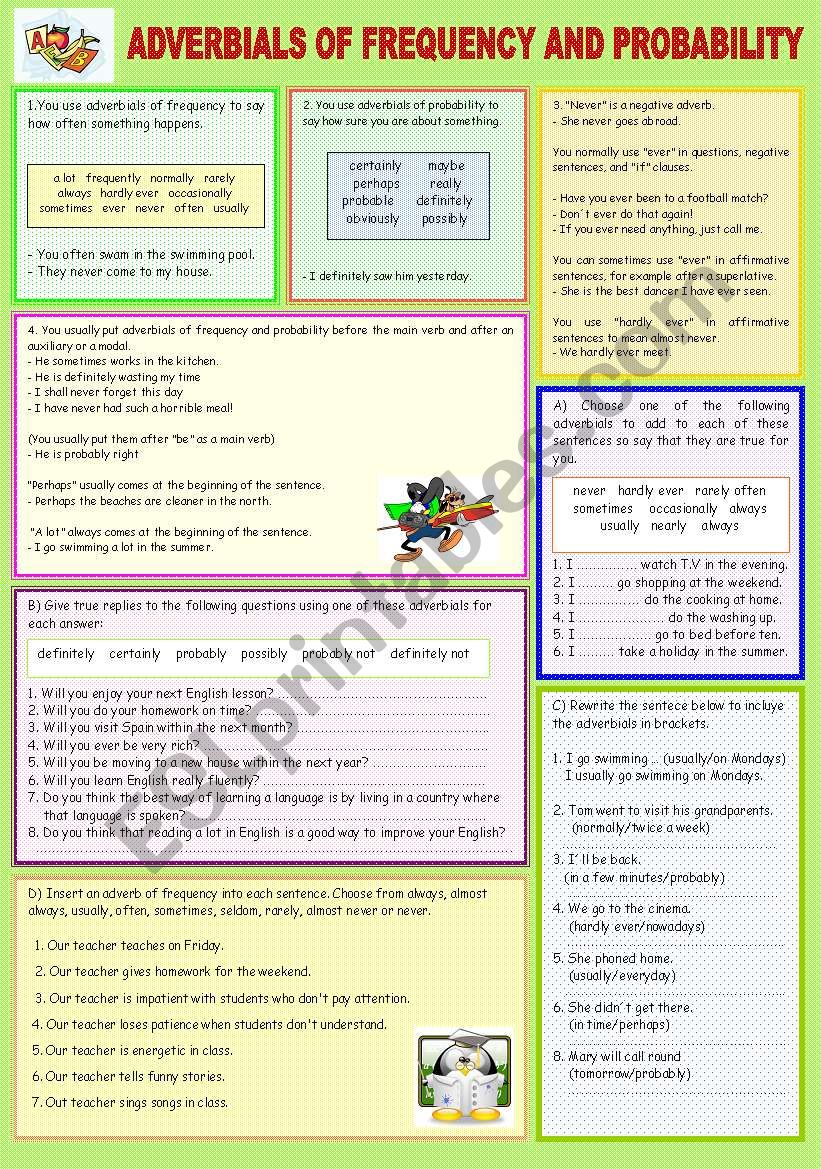
English for school, for exams or tests, for work or for business. Hi, I'm Jason, I'm English and live in Central Italy where I teach English to students of all levels, all ages and all abilities.

He could have been working late (not: 'could be'.English teacher with ten years teaching experience in Italy.This is not used to talk about specific possibilites in the past (instead we use could + have + past participle): Prices could be high in the sixteenth century.We can use could + infinitive to talk about a general possibility in the past (compare with the use of 'can' above): Should + have + past participle Should + have + past participle can be used to make an assumption about something that has probably happened, if everything is as we expect (compare with present use of 'should' above): The parcel will have arrived before now.Will / won't + have + past participle Will and won't / will not + have + past participle are used for past certainty (compare with present use of 'will' above): She must have forgotten about our date.could / couldn't have + past participle.might / might not have + past participle.( Click here to review how to make the past participle) He could be on the bus (not: 'can be').Ģ: Using modal verbs to talk about the past: must / might / could / may / can't + have + past participle.


I am waiting for Julie with another friend, David. 1: Talking about the present: must / might / could / may / can't + infinitive We choose the verb depending on how sure we are. We can use these modal verbs (also called modals of deduction, speculation or certainty) when we want to make a guess about something. Report this ad Click here for all the exercises about modal verbs.

Click here to download this explanation as a pdf.


 0 kommentar(er)
0 kommentar(er)
